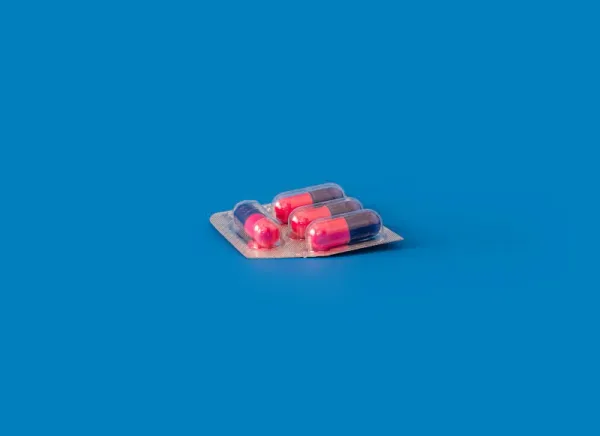Updates from MariTide & Orforglipron research
MariTide and Orfoglipron updates from the ADA 85th Science Sessions conference in June, with the key results that were announced.
There are promising GLP1 Receptor Agonists on the horizon, both in injection form and pill based forms. MariTide is one of them (formerly known as AMG-133) and Orforglipron is another:


We've covered both of these before, but what's important/interesting is that there has just been an update on both of these drugs at the ADA 85th Science Sessions conference.






